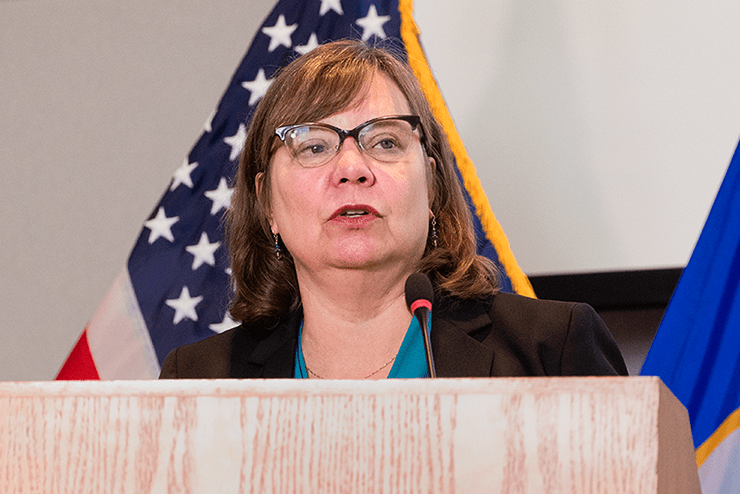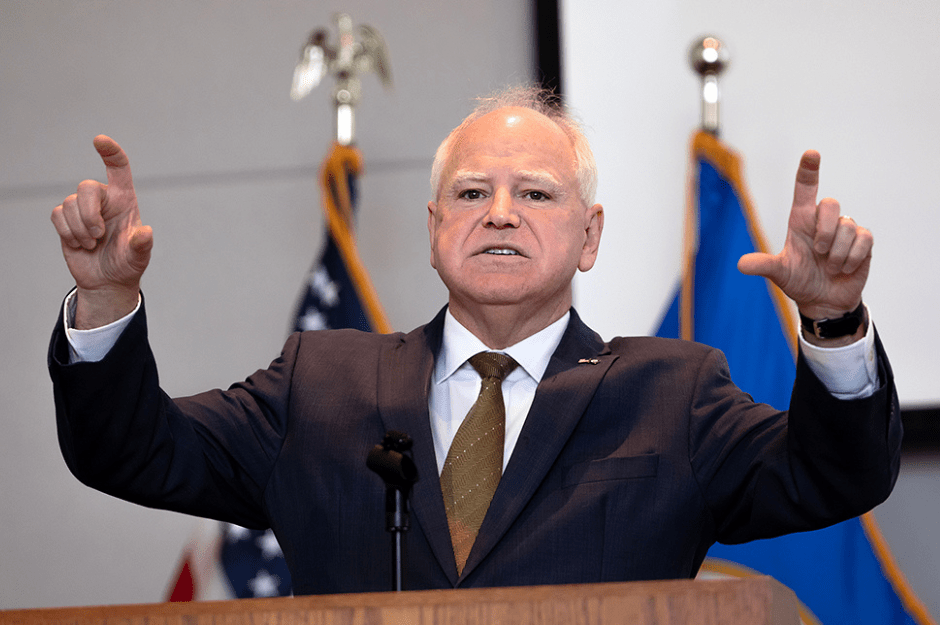
Wisconsin unemployment drops to 5.4% in September
October 15, 2020
NBC holds fast to dueling town halls despite celebrity anger
October 15, 2020WASHINGTON — The global economy’s recovery from the pandemic recession is tentative and uneven and “marked by significant uncertainty” as confirmed coronavirus cases spread in many countries, international finance ministers warned Thursday.
The policy-setting panel of the 189-nation International Monetary Fund concluded a virtual meeting Thursday with a joint statement that warned of permanent damage from the worst global downturn since the Great Depression of the 1930s unless countries are given further economic support.
“The crisis threatens to leave long-lasting scars on the global economy, such as weaker productivity growth, heavier debt burdens, heightened financial vulnerabilities and higher poverty and inequality,” the IMF panel said.
“This is a crisis like no other,” Kristalina Georgieva, the IMF’s managing director, said at a closing news conference. “It calls for steps to enable a recovery like no other.”
The IMF’s communique said it was committed to supporting “the most vulnerable countries and people.” It endorsed a six-month extension of a suspension on debt payments that was approved Wednesday by the Group of 20 major industrial countries.
The IMF panel urged the G-20 to go further and adopt at a meeting next month a framework for managing the crushing debt burdens of many low-income countries. International aid groups say rich nations should not merely suspend debt payments but forgive large chunks of debt that are leaving poor countries unable to devote their limited resources to health care and other urgent needs during the pandemic.
The fall meetings of the IMF and its sister lending organization, the World Bank, were held virtually against a grim backdrop of the damage the pandemic has inflicted on the world. In its economic outlook, the IMF forecast that global growth would shrink 4.4% this year, which would mark the worst downturn since the Great Depression. And the World Bank forecast that the pandemic could send an additional 114 million people into extreme poverty, defined as living on less than $1.90 a day.
Eric LeCompte, executive director of the international aid group Jubilee USA Network, said more debt relief and and other steps must be taken.
“Wealthy countries, who are making decisions for the entire world about the crisis, are more insulated from the extreme shocks,” LeCompte said. “Nearly 90% of all global stimulus was spent in wealthy countries and less than 3% in developing countries.”
The IMF communique said more involvement by the private sector in granting debt relief is needed, as well as more widespread support by governments.
China, a major creditor country, has been criticized by international aid groups for not doing enough to grant debt relief to low-income countries. While not singling out China by name, the IMF communique said that debt relief efforts need the “full support” of all countries as well as greater transparency.
The United States was represented at the finance meetings by Treasury Secretary Steven Mnuchin and Federal Reserve Chairman Jerome Powell.
In his speech to the IMF panel, Mnuchin said the United States, the world’s largest economy, was doing its part to support the recovery by “deploying the largest economic relief package in American history” with Congress’ passage last spring of $3 trillion in support for workers and businesses.
The Trump administration and Congress have failed to reach agreement on further aid after the expiration of a $600-a-week benefit for the unemployed, $500 billion in forgivable short-term loans to small businesses and other financial assistance.
Asked how the failure of U.S. officials to approve more support could affect the global economy, Georgieva told reporters that the decisive action taken in the spring had offered critically needed aid that had spillover effects for the global economy.
“Don’t cut the lifelines,” she said.






